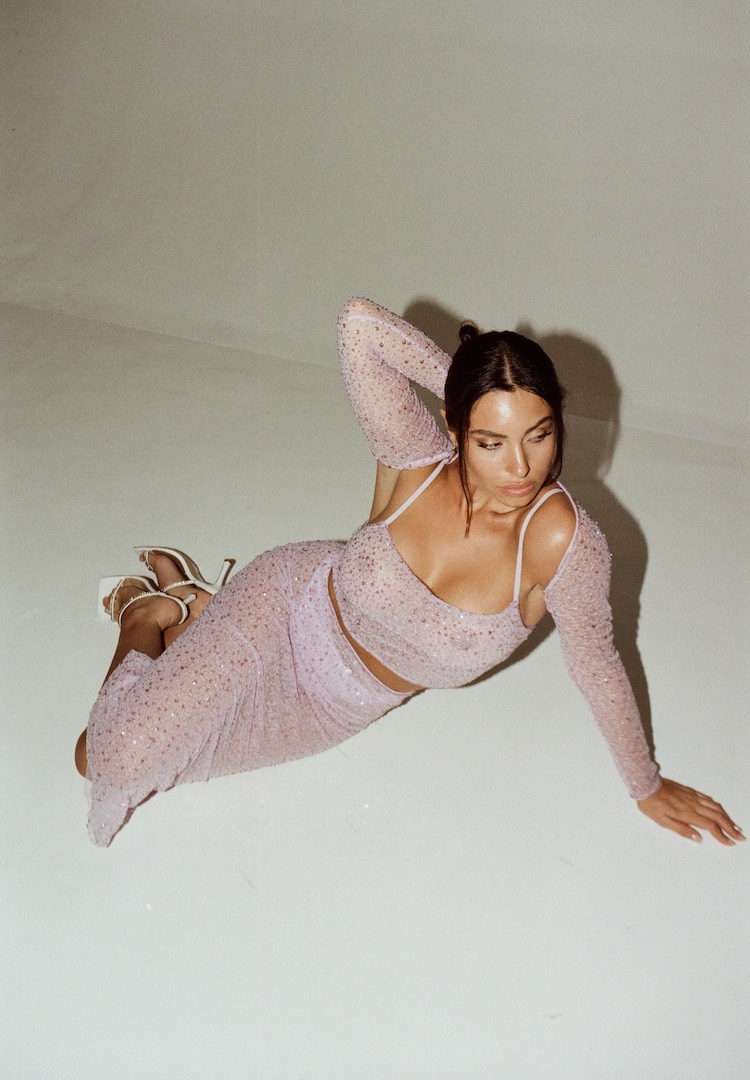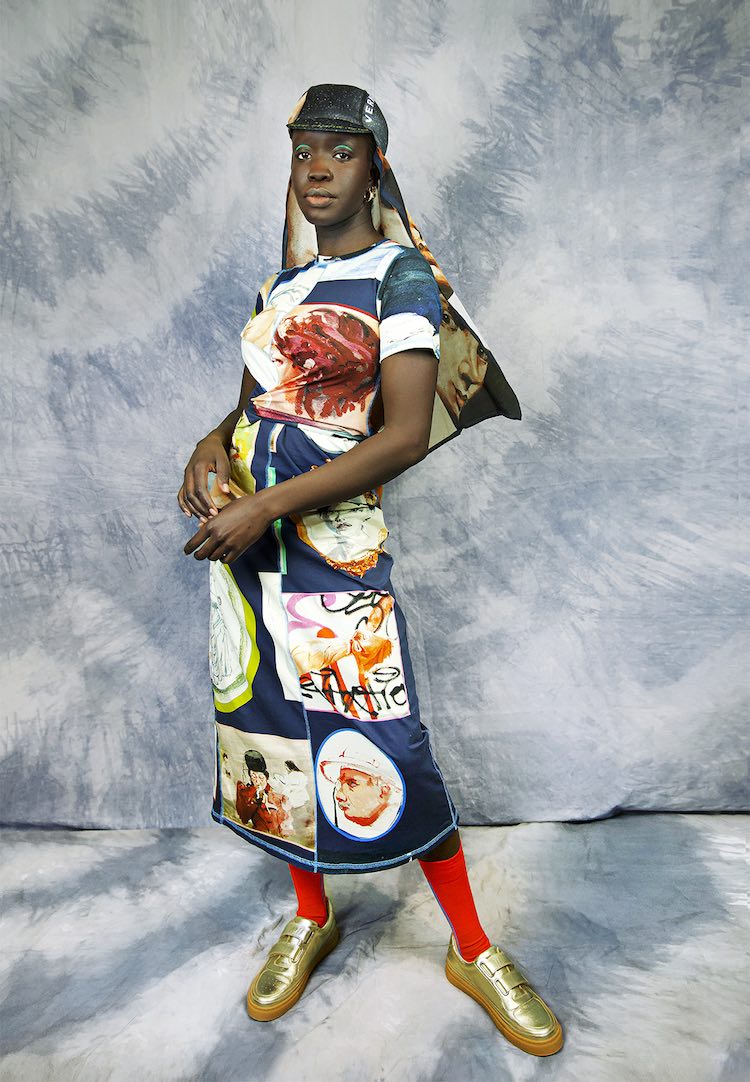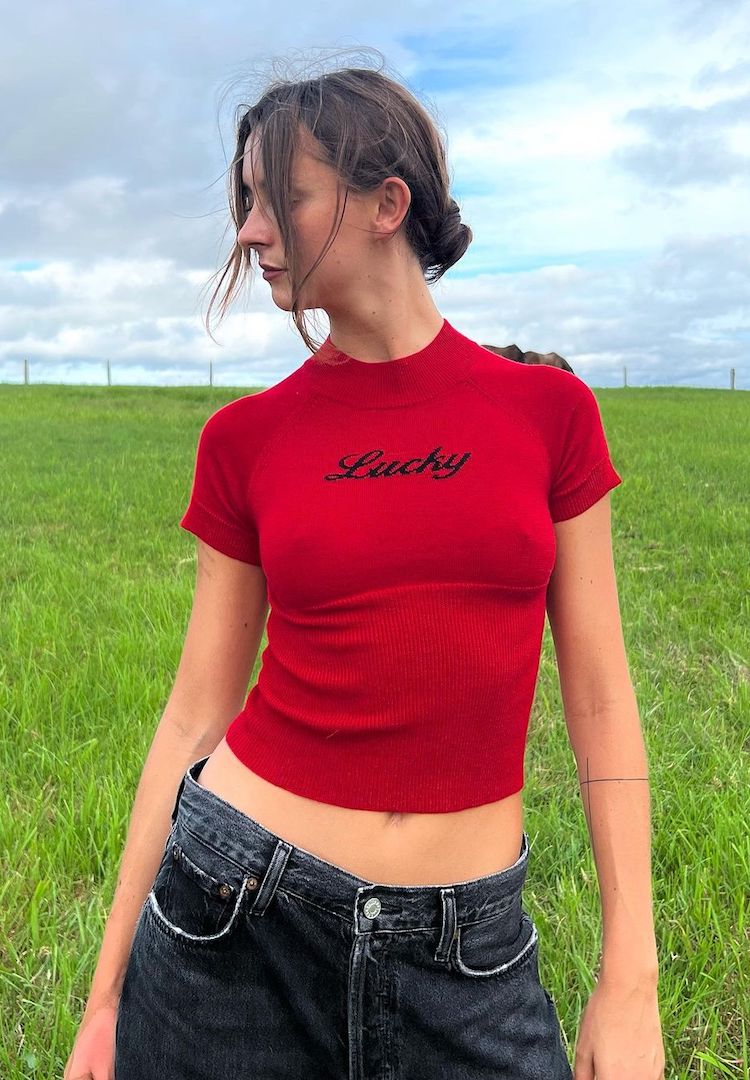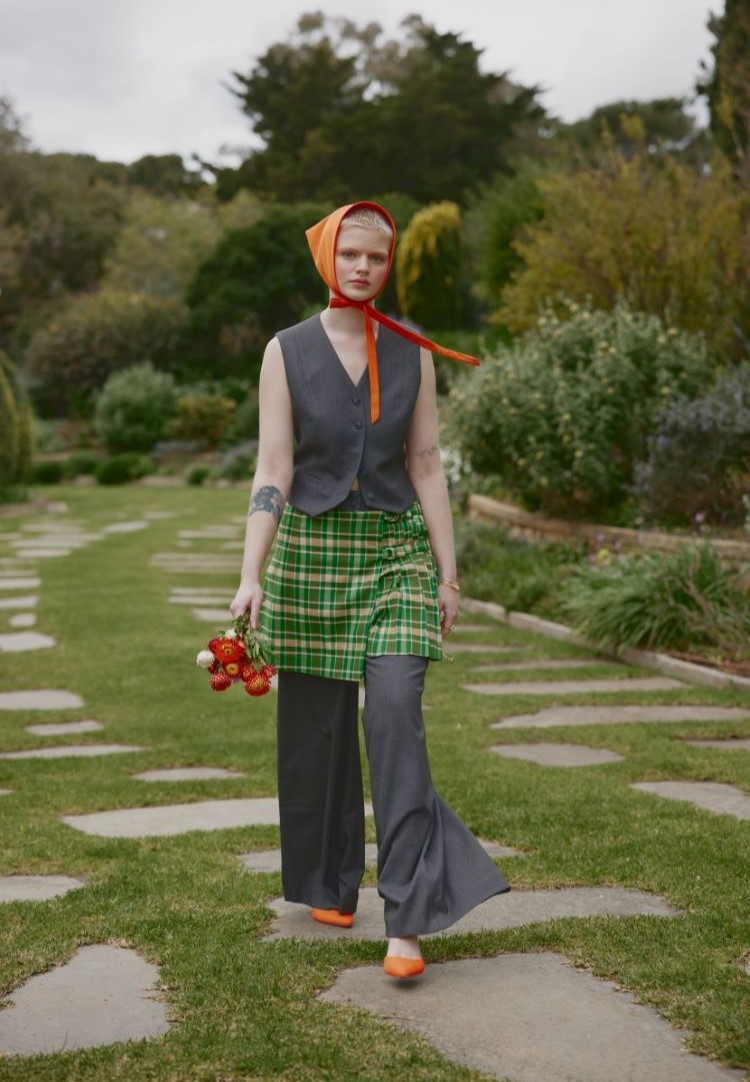How Australian brands fared in the 2021 Ethical Fashion Report
WORDS BY BIANCA O’NEILL
The annual report doles out grades from A+ to F, according to brand’s scores across a range of ethical markers, including sustainability, traceability and human rights.
After a special edition of Baptist World Aid‘s Ethical Fashion Report last year, the fashion industry’s unofficial ethical handbook has returned to its original format to deliver the frontrunners and flops in this year’s race to an admirable A+ grade.
In 2021, the report sought to investigate the impacts of modern slavery and climate change within the garment industry, along with the effects of almost two years of the COVID pandemic raging across the world.
Read our rundown of the 2019 and 2020 Baptist World Aid Ethical Fashion Reports here and here.
Based on their scores across a series of supply chain indicators, including policies and governance, tracing and risk, supplier relationships and human rights monitoring, worker empowerment, and environmental sustainability, each of the 98 companies surveyed received a grade from A+ to F. Let’s take a closer look at this year’s report.
Who made the A grade?
This year, only 20.5 per cent of companies surveyed received an A or A+ score, with 56 per cent sitting at a B or C score. Only four companies received the coveted A+ score, including ethical denim brand Outland Denim, fair trade casualwear brand Etiko, custom uniform and bulk basics brand Joyya, and fair trade underwear brand Mighty Good Basics.
There were As all round for a raft of brands including Country Road, Kathmandu, Nudie Jeans, and interestingly Lululemon (who saw accusations from the Guardian of worker ‘beatings’ back in 2019).
It’s also worth noting that some of the larger chains often questioned within the context of ethical and sustainable manufacturing, like Kmart, Target, Cotton On, Uniqlo, and H&M, all received glowing reports this year, with H&M receiving an A and the others seeing a solid B.
Who scored an F, and what does that actually mean?
23.5 per cent of companies received a D or F grade – almost one in four – which serves as a sad indictment on the depth of unethical manufacturing within the fashion industry.
Popular fast fashion brands like Ally and Decjuba, as well as Industrie, Lorna Jane, Universal Store and Myer each received a disappointing D grade. (For the record, Myer’s competitor David Jones clocked a B.)
Companies including Bardot, Forever21, Jeanswest and Sheike received an F based solely on publicly available information which proved insufficient to fully assess during the research (less than 20 per cent of the information required was publicly available), and also declined to engage with the research process. This issue also applied to Decjuba, Industrie, and Lorna Jane’s D grade.
It’s an interesting caveat to note; that the report still allocates a grade to brands who are uninterested or unwilling to participate in the process. Despite the aforementioned issues with allocating a D or F grade for brands who may actually deliver a higher level of ethical manufacturing, in reality, transparency is essential for the modern consumer, and increasingly non-negotiable.
Do consumers, who today are demanding more from their brands than ever, really want to give their money to a company that chooses to remain in murky territory when it comes to disclosing its manufacturing and supplier partners? For more on this, I took a deeper look at the relationship between consumers, transparency, modern slavery and supply chains a few months ago here.
A broader look at this year’s report
Since the last report, the group have added a new percentage average across all brands, in order to track the improvements year on year. This year’s average score of 33.6/100 was, shockingly, an improvement on previous years, but shows there is still a very long way to go.
Generally, the good news is we’re seeing huge improvements in traceability of the supply chain. Since 2013, companies surveyed who are publishing their full final stage supplier lists have increased from only 18 per cent to 41 per cent in 2021, and those working to actively trace their raw material suppliers have grown from 17 per cent to a strong 69 per cent. Those using sustainable fibres have also increased to 87 per cent.
Unfortunately, the fashion industry continues to fail its workers, with only 4 per cent of companies able to show that they are paying a living wage to in all final stage facilities. Overtime and wage violations remain an issue as well, with only 19 per cent of companies demonstrating that they have action plans in place for these violations.
Garment workers have lost over $16 billion in wages during the pandemic, in part due to mass order cancellations or reductions. Beyond wage losses and mass layoffs without compensation, the report also found that “the pandemic has exacerbated pre-existing inequalities in the garment industry, particularly when it comes to gender discrimination,” often through gender-based violence, which increased significantly during the pandemic.
“Throughout the past year,” the report continues, “women in the supply chain – totalling 80 per cent of garment workers – faced disparate wage gaps, verbal and physical abuse and discrimination, especially during layoff decisions. Suppliers refused to pay maternity benefits and many of the first furloughed or fired workers were pregnant women.”
It is also estimated that 95 per cent of workers who were fired during the pandemic were not paid their legally owed severance payments – but despite the staggering, widespread wage theft, “research shows 97 per cent of fashion companies offered no financial assistance to cover the costs of furlough or severance”.
As such, many were unable to afford food, or feed their families, falling into crippling debt. It’s the sad result of an industry that has historically put profits before people – and irrefutable proof that, moving forward post-pandemic, we need transparency from our fashion brands now more than ever.
Still think that D or F grade isn’t that big a deal? Tell that to the garment workers.
Read the full report, including the list of grades for each of the 98 companies surveyed, methodology, as well as a deeper look at the slavery implications and climate impacts, on the Baptist Wolrd Aid Australia website.










